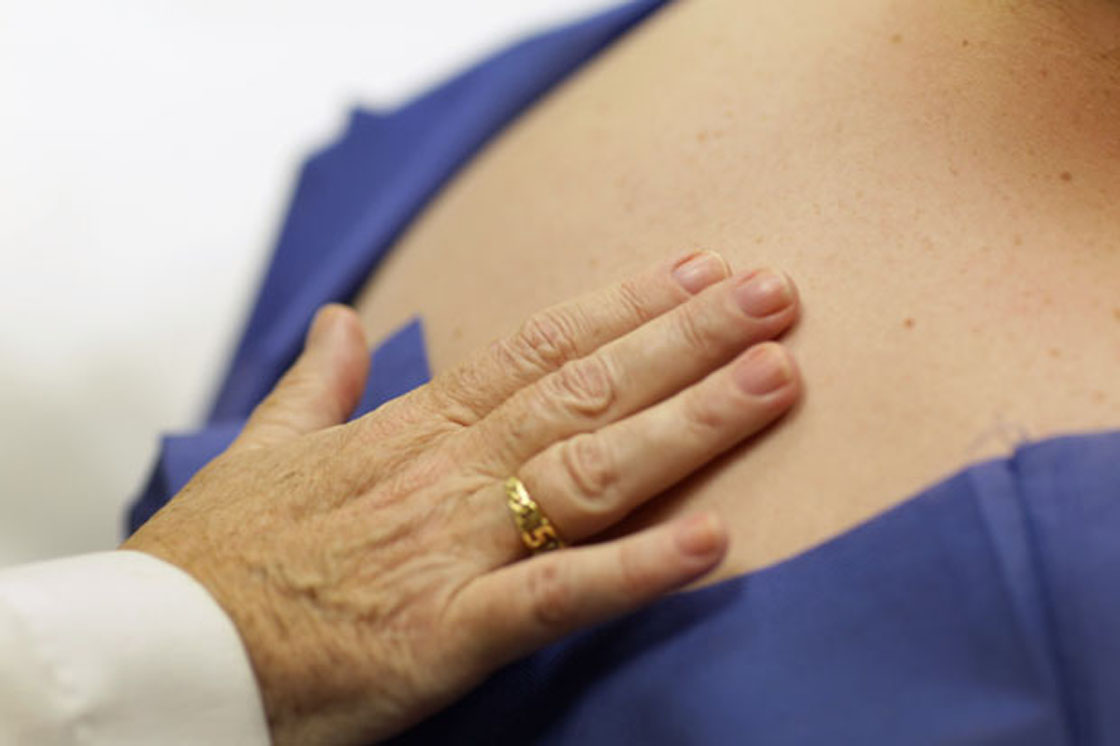TORONTO – A handful of doctors are debunking cancer myths in hopes that Canadians will become more informed with the disease that is the leading cause of death worldwide.

Are light cigarettes safer than regular cigarettes? Are tanning beds safer than tanning outdoors? And does antiperspirant increase breast cancer risk?
Those are just some of the questions Princess Margaret Hospital doctors in Toronto are addressing in a campaign meant to help Canadians “get the facts” on World Cancer Day.
A string of videos debunking common cancer myths culminate on Monday, marking the Union for International Cancer Control’s World Cancer Day.
“We have a greater depth of understanding than ever before about what really does cause cancer. But at the same time, we have these crazy, know-nothing, homespun remedies being doled out to the public,” said Dr. Ben Neel, research director at the Princess Margaret Hospital.
“It’s frustrating for those of us who are dedicated to preventing and ultimately conquering cancer to see uninformed, and in some cases even scurrilous voices in the public domain misleading the public,” he told Global News.
Sixty per cent of all cancers can be prevented, Neel said. He says he hopes Canadians understand the magnitude of certain cancer risk factors – obesity, smoking, lack of exercise, too much alcohol, abnormal exposure to ultraviolet rays, to name a few.
In a bid to grow awareness, the hospital and University Health Network asked Torontonians what they knew about cancer myths. An expert then weighed in.
Take a look at some of the myths and the responses below.
Question: Are light cigarettes safer than regular cigarettes?
Answer: Many people believe that light cigarettes are safer than regular cigarettes, but the truth is that light cigarettes are no safer. The most important thing you can do to protect yourself from smoking related cancers, like lung cancer and other smoking-related diseases, is to stop smoking cigarettes completely — or not to start.
– Dr. Natasha Leighl, medical oncologist
Question: Does antiperspirant increase breast cancer risk?
Answer: Wearing antiperspirant does not increase the chance of getting breast cancer. That’s a myth. It’s been on websites and in emails for a number of years. But there is no scientific basis for it, or evidence in humans that this is the case.
– Dr. David Warr, medical oncologist
Question: Is tanning indoors safer than outside?
Answer: First of all, tanning is not a safe activity either indoors or outdoors, but there are greater risks to tanning indoors because it is unknown to the person who is using the tanning salon how strong the bulbs are and how much ultra-violet radiation they can be exposed to in a very short period of time.
– Dr. Cheryl Rosen, dermatologist
Question: Do treatments for prostate cancer always cause erectile dysfunction or urinary incontinence?
Answer: No, treatments for prostate cancer do not always cause impotence, erectile dysfunction or problems with urinary incontinence. They certainly can happen in a small proportion of patients, particularly urinary incontinence, but it is rare these days to see real problems with urinary incontinence in the long-term.
– Dr. Padraig Warde, radiation
Question: How often should women get a Pap test?
Answer: As far as frequency of pap smears — as long as a woman has a normal pap smear, a pap smear every three years is adequate.
– Dr. Stéphane Laframboise, surgical oncologist
Read more about World Cancer Day here.
carmen.chai@globalnews.ca
Follow @Carmen_Chai//




Comments